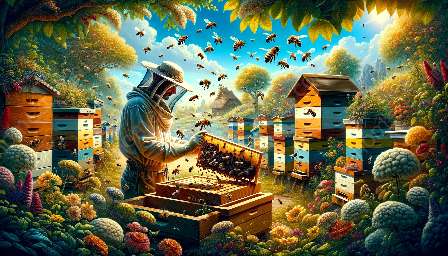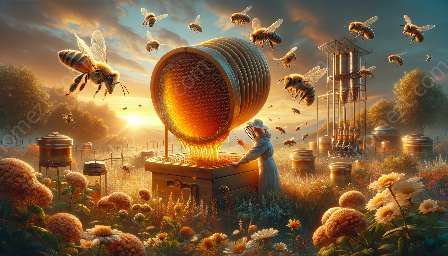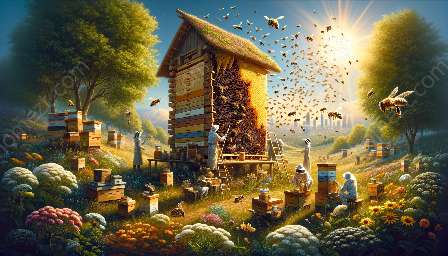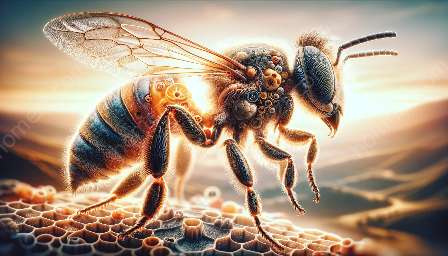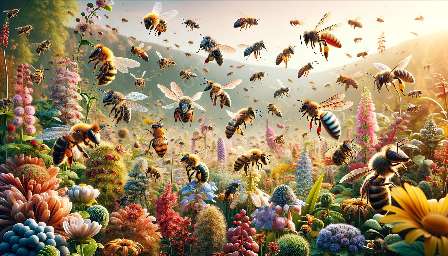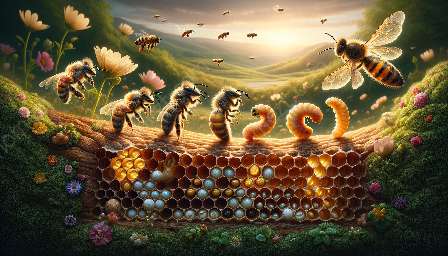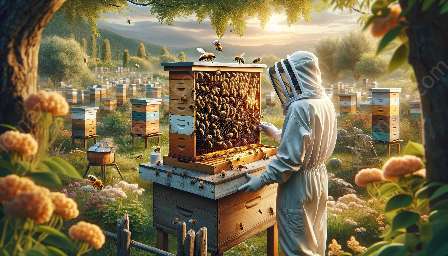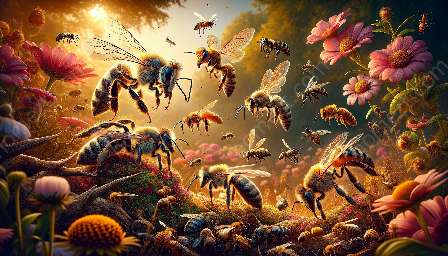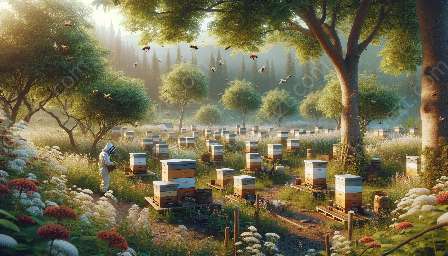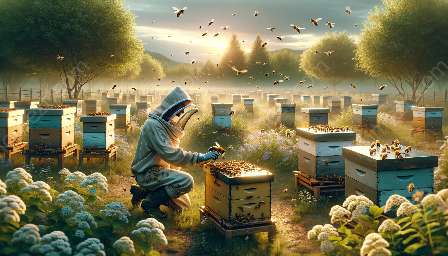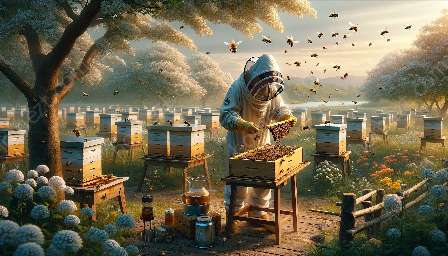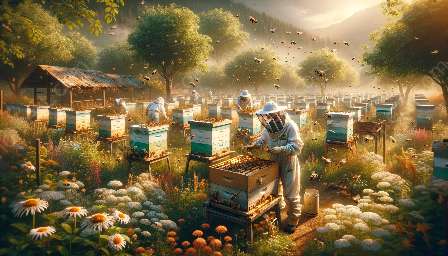Introduction: Beekeeping is a fulfilling and environmentally beneficial hobby that allows you to support bee populations and enjoy the sweet rewards of honey. Keeping your beehives healthy and well-maintained is crucial not only for the well-being of the bees but also for the quality of the honey they produce. In this comprehensive guide, we'll delve into the essential aspects of hive maintenance, addressing the interconnections between hive maintenance, bees, and pest control. Let's explore how to ensure the thriving health of your beehives while supporting the well-being of these vital pollinators.
Hive Maintenance for Healthy Bee Colonies
Regular hive maintenance is key to supporting strong and productive bee colonies. Here are some important aspects to consider:
- Inspecting Hive Components: Regularly inspect the hive components, including frames, foundations, and supers, to ensure they are in good condition and free of damage. Repair or replace any damaged parts promptly to maintain a safe and comfortable environment for the bees.
- Monitoring Bee Health: Keep an eye on the overall health of the bees by observing their behavior, checking for signs of disease, and managing any issues promptly. Healthy bees are crucial for the sustainability of the colony.
- Managing Honey Production: Monitor the honey production and ensure that the bees have ample space to store honey. Harvest honey responsibly, leaving enough for the bees to sustain themselves through the seasons.
- Providing Water Sources: Bees need access to clean water for hydration and cooling the hive. Ensure they have a nearby water source, such as a shallow dish with marbles or rocks to prevent drowning.
Environmentally-Friendly Pest Control
Pests pose a significant threat to bee colonies, and it's essential to approach pest control in a manner that minimizes harm to the bees and the environment. Consider these strategies for effective and environmentally-friendly pest control:
- Integrated Pest Management (IPM): Implement IPM practices, which involve using a combination of preventive measures, biological controls, and targeted treatments to manage pests while minimizing the use of chemical interventions.
- Monitoring Pest Populations: Regularly monitor the hive for signs of pests, such as Varroa mites, hive beetles, or wax moths. Early detection allows for proactive pest management to prevent infestations from causing severe harm to the colony.
- Natural Predators: Encourage the presence of natural predators, such as beneficial insects or birds, that can help control pest populations around the beehive area.
- Safe Treatment Options: When targeted treatments are necessary, opt for environmentally-safe solutions that have minimal impact on the bees and their habitat. Research and select pest control products that are specifically formulated for beekeeping.
Supporting Bee Health and Population
Aside from hive maintenance and pest control, there are additional ways to support the health and population of bees in your local environment:
- Provide Diverse Forage: Plant a diverse range of flowering plants to offer bees a variety of pollen and nectar sources throughout the year. This supports their nutrition and helps sustain a healthy bee population.
- Limit Pesticide Use: Minimize the use of chemical pesticides in your garden or nearby areas to reduce potential harm to foraging bees. Opt for natural and organic pest control methods to protect bee health.
- Educate Others: Share your knowledge and enthusiasm for beekeeping with others to raise awareness about the importance of bees and the ways to support their well-being. Encourage responsible beekeeping practices in your community.
Conclusion
By prioritizing hive maintenance, environmentally-friendly pest control, and active support for bee health, you can make a meaningful impact on the well-being of bee colonies while enjoying the rewards of honey production. Remember that a well-maintained hive not only benefits the bees but also contributes to the overall health of the environment through pollination and biodiversity. Embrace responsible beekeeping practices and consider incorporating these guidelines into your beekeeping endeavors to promote a thriving and sustainable bee population.

